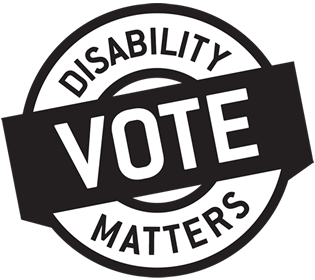Ensure Timely and Equitable Access to Services and Resources
Tens of thousands of Manitobans with disabilities depend on timely access to a wide range of disability-related services. Many of the systems responsible for providing these services were in disarray before the pandemic. Many are in even worse shape now.
- The Manitoba Advocate for Children and Youth (MACY) recently reported on the “glaring gaps” and regional disparities in mental health and addictions services systems that now serve less than 5% of children and young adults in need. In another report, the MACY called for new legislation to address severe inequities in the services available to children with disabilities.
- Recent studies have provided compelling evidence of the serious limitations in the services and supports provided to Manitobans with disabilities by educational and healthcare systems and the lack of financial support to access medically required supplies, assistive devices, and related equipment.
- Governments have failed over the years to increase funding to community-based organizations that deliver crucial disability services to offset ongoing operational cost increases. Most of these organizations are now struggling to sustain the quality and availability of their services. Some have reached their breaking point.
- Wait times for disability-related services, including assessments, home care, respite, therapy, treatment, and even essential equipment repair can last for months, or even years, leaving thousands of Manitobans and their families in crisis. Reliable information on wait times is not publicly available, and no one seems to be held accountable for system performance.
- While Jordan’s Principle has helped to provide equitable access to services for First Nations children with disabilities on reserve, huge disparities continue to exist in the services available to First Nations adults.
Questions for the Parties: If elected to form the government...
- What will your party do to ensure the comprehensive reduction of wait times for disability services?
- Does your party commit to implementing a transparent and accountable system that measures and publicly reports on wait times for disability services?
- What will your party do to address the reported inadequacies related to disability services and resources and the serious limitations in the educational and health care services?
- How will your party address the wide regional disparities in disability services and the inequities that continue to be faced by First Nations adults living on reserve?
